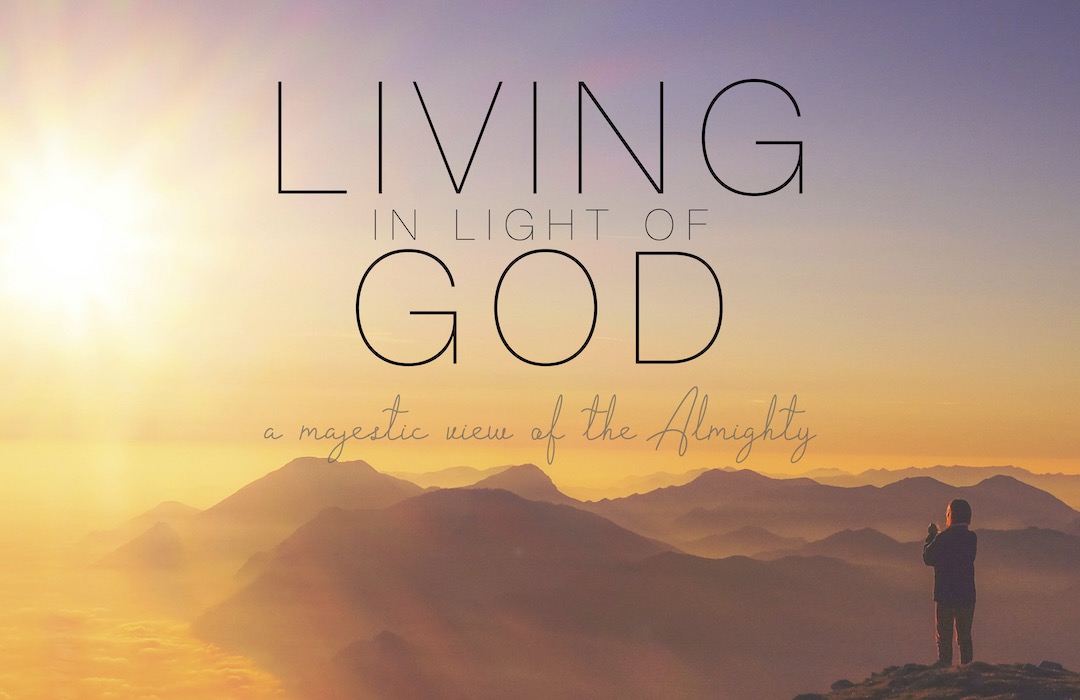
PREPARE YOUR HEART FOR THE SERMON BY LOOKING THROUGH THESE SUGGESTIONS THAT WILL ASSIST YOU IN MAKING THE MOST OF OUR TIME TOGETHER HEARING GOD'S WORD.
You will find suggestions for thinking more critically through the passage, meditating more intently on the text, and prayerfully seeking wisdom to deepen your understanding of the passage to be preached this Sunday.
Carefully Think
-
For the context of Uzziah’s reign and death in verse 1, read 2 Chronicles 26. What is significant in Uzziah’s life and the end of his reign, specifically king Uzziah’s sinful actions in the temple? How does this contrast with Isaiah’s vision of the Lord in Isaiah 6:1?
-
Isaiah uses several different titles for God in this passage. What titles does he use and why?
-
The seraphim are mentioned in the Bible only in this passage. The word for “seraphim” can be literally translated as “burning” or “fiery” ones. How does Isaiah use the idea of burning throughout this passage? How does fire connect to God’s holiness in the Old Testament?
-
What are the seraphim doing in verse 2? What are the seraphim saying in verse 3? How do the actions and the message of the seraphim relate to each other?
-
In verse 3, the seraphim call God “Holy, holy, holy.” What does this threefold repetition mean?
-
Isaiah’s reaction to this divine spectacle is recorded in verse 5. What is his response? What three reasons does he give for this response, and how are they connected?
-
In verse 6, one of the seraphim takes a burning coal from the altar. What is the Old Testament significance of the altar?
Prayerfully Meditate
-
How would you describe holiness? How is God holy, and how are we to be holy?
-
Isaiah’s reaction to God’s holiness was to recognize his own sinfulness. When you consider God’s holiness, what is your reaction? Does it terrify you, condemn you, bore you, or confuse you? Meditate on God’s holiness this week and pray for a right heart’s response to it.
-
How are Isaiah’s sins forgiven (or “atoned for”) in verse 7? How does this passage illustrate our salvation? Spend some time contemplating and rejoicing in the grace of our holy God, who saved sinners like us through Christ.
-
The words for “unclean,” “altar,” “sin,” and “atone” used in this passage all appear more in Leviticus than anywhere else in the Old Testament. The word for “holy” also appears more in Leviticus than any other Old Testament book besides Isaiah. Why might Isaiah be drawing on the cleansing and sacrificial language of the Mosaic Law, specifically from Leviticus, in this passage on God’s holiness, and how can this shape your understanding of God’s holiness today? (See, for instance, Leviticus 10:10 and Leviticus 17:11).